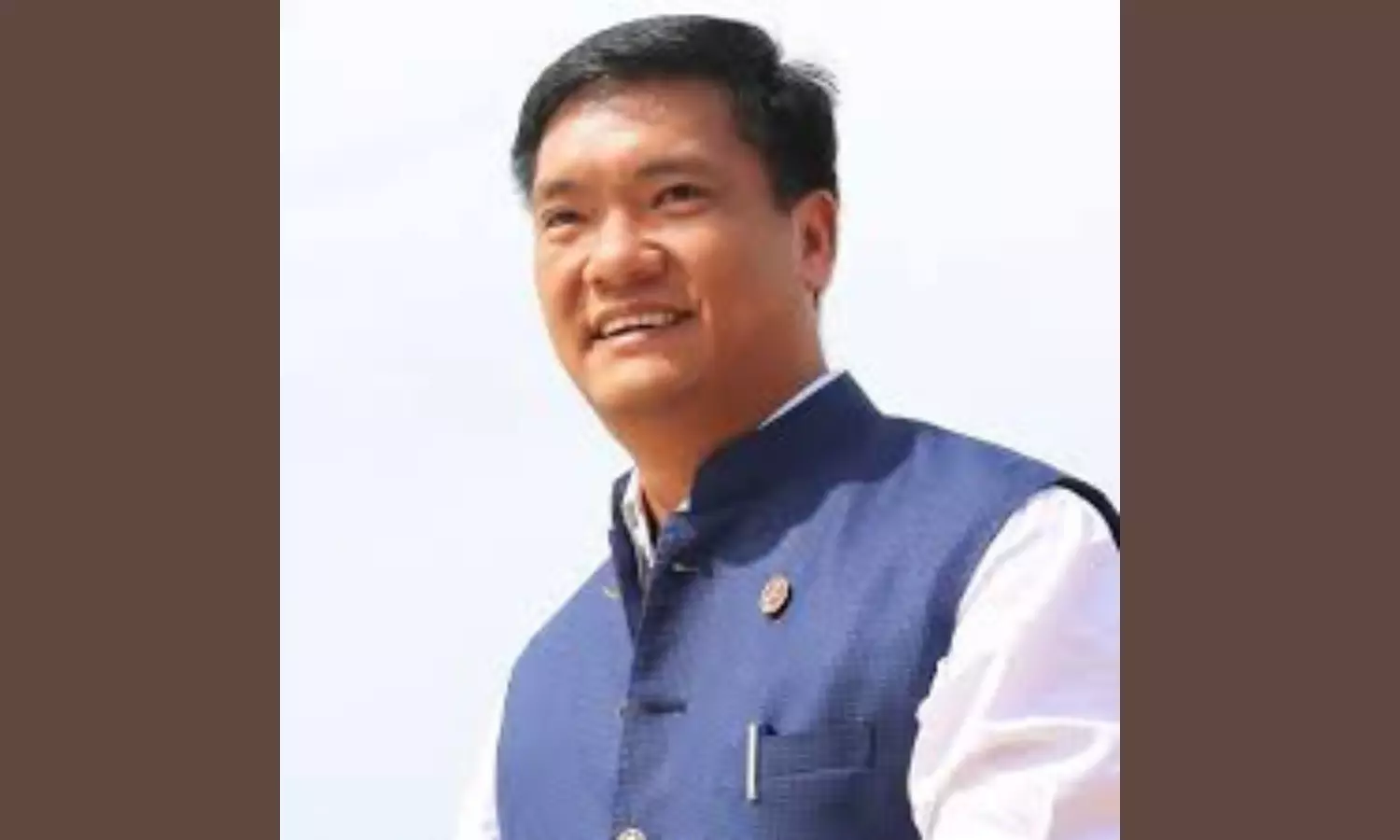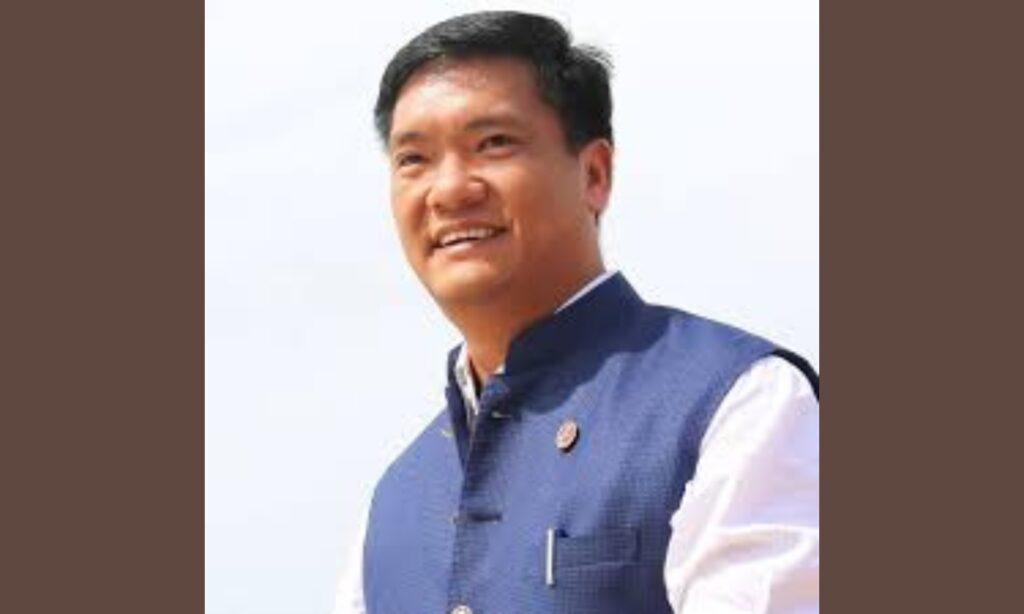
Guwahati: In a significant development Arunachal Pradesh chief minister Pema Khandu has announced that his government was framing rules to implement the Arunachal Pradesh Freedom of Religion Act, which would prohibit religious conversion by use of force or inducement or by fraudulent means.
It is significant that the Act was passed by the state Assembly and received the President’s assent in 1978 amid debates on the effects of missionary activities in foothill areas on the state’s tribes and “indigenous religions” of the region. The act remained dormant since then as the state had failed to frame rule to implement it.
Mr Khandu made this announcement recently in a programme organised by the Indigenous Faith and Cultural Society of Arunachal Pradesh (IFCSAP) in Itanagar on Friday, Mr Khandu said that the Act would play a significant role in “preserving Arunachal’s indigenous faith and cultures”.
Indicating that on many occasions issues came up but the state failed to frame the rule to implement the act. In fact, in 2018, Mr Khandu even stated at an event organised by the Arunachal Pradesh Catholic Association that the government was considering the repeal of the Act. He had been reported as saying then that the law “could undermine secularism and is probably targeted towards Christians”.
In response to a petition filed by former IFCSAP general secretary Tambo Tamin against the state government for failing to frame the requisite rules for over 45 years after the enactment of the law, the Itanagar bench of the Gauhati High Court had in September directed the state to finalise draft rules for the Act within a period of six months from the order.
The 1978 Act defined “indigenous faith” as religions, beliefs, observances, customs, etc “as have been found sanctioned, approved, performed by the indigenous communities of Arunachal Pradesh from these communities have been known…” It includes in this definition Buddhism as practised among the Monpas, Membas, Sherdukpens, Khambas, Khamptis and Singphos in the state; nature worship, including the worship of Donyi-Polo among communities in the state; and Vaishnavism as practised by Noctes and Akas.
Emphasising the crucial role of the Act in preserving Arunachal’s indigenous faith and culture, Mr Khandu on Friday said, “Soon, we will have a properly structured Freedom of Religion Act in place, and this development will play a significant role in preserving Arunachal’s indigenous faith and culture.” He further asserted that ‘faith’ and ‘culture’ are two sides of the same coin, and both cannot ‘walk’ separately.
He underscored the importance of preserving the state’s distinct cultural and faith traditions, citing examples of indigenous tribes and cultures disappearing globally.
The government had set up the department of Indigenous Affairs in 2017 to protect and promote indigenous cultures, languages, and institutions, in collaboration with the IFCSAP and community-based organisations (CBOs). Mr Khandu praised the IFCSAP and other local volunteers for their dedicated efforts in cultural preservation.
He also flagged that the responsibility for protecting Arunachal’s indigenous culture and faith lies not only with the government but also with the state’s 26 major tribes.


